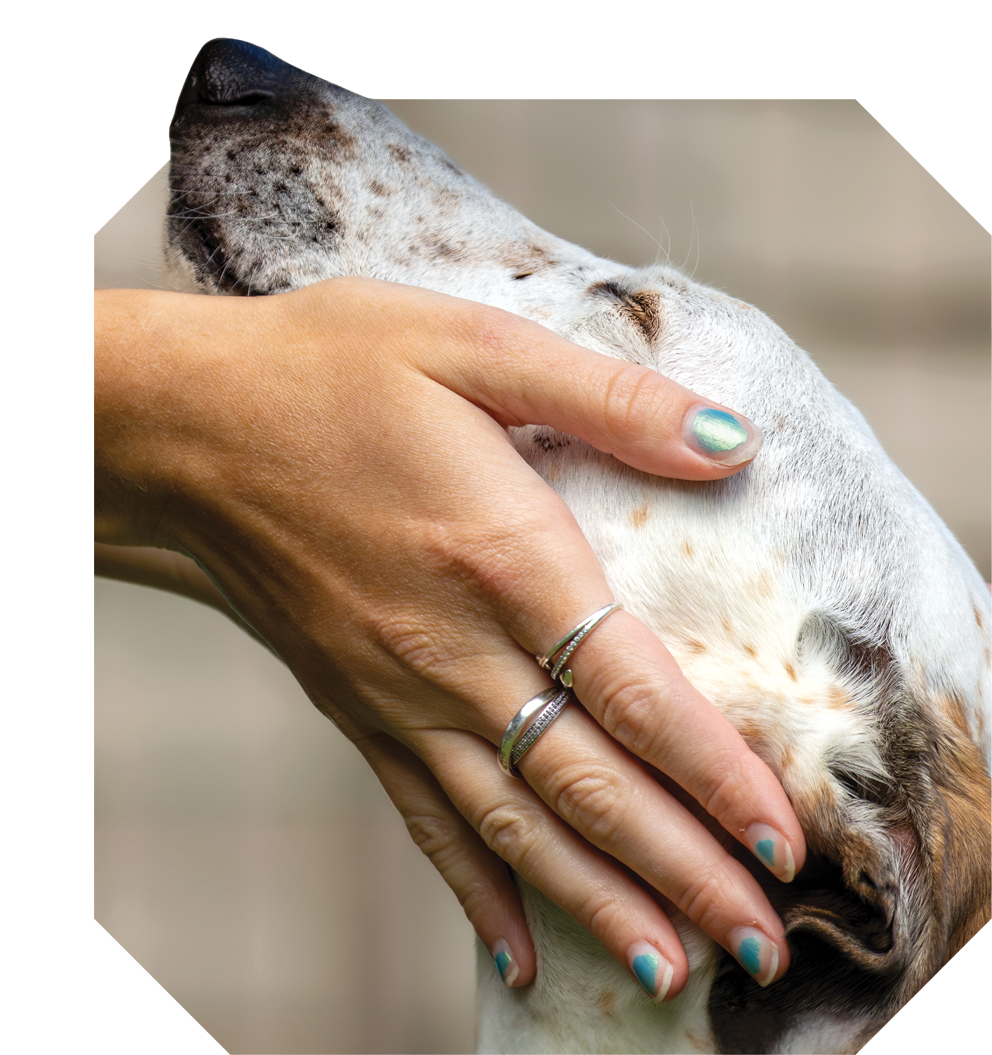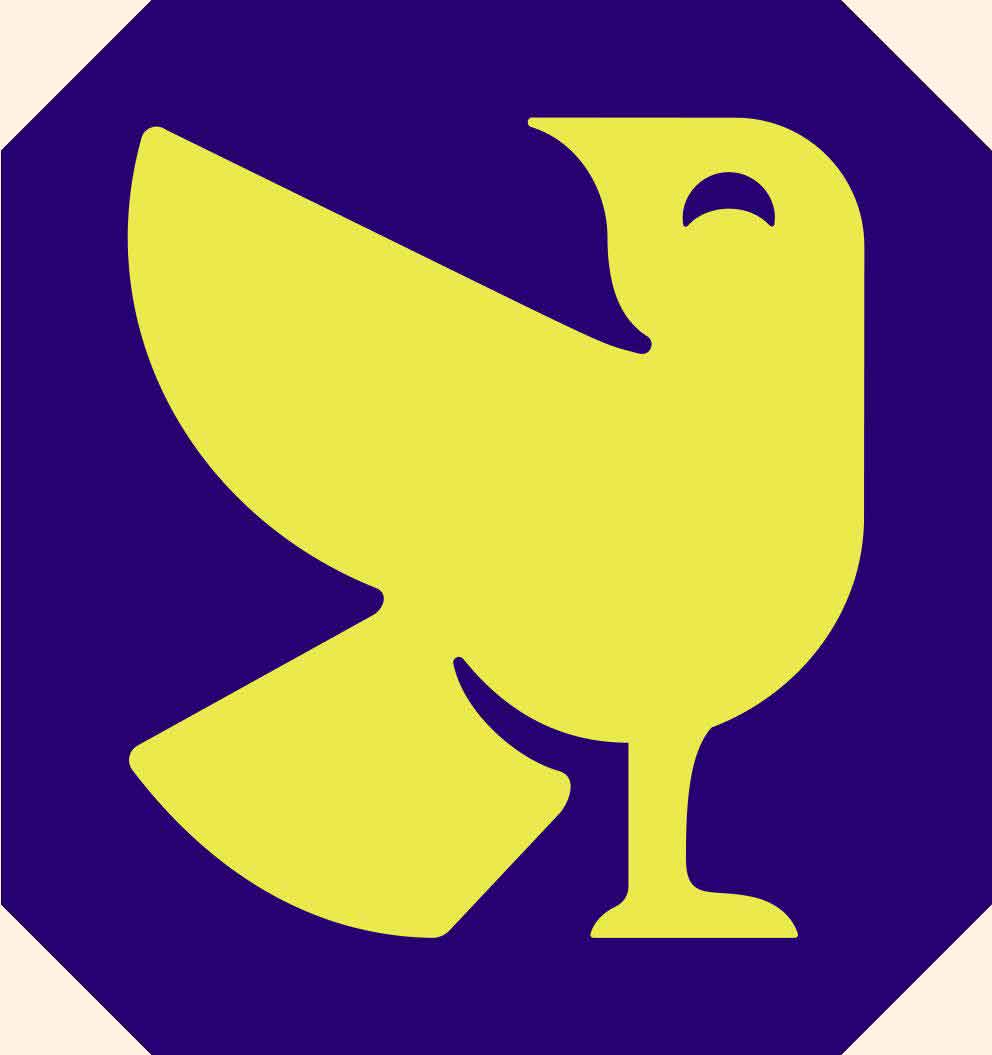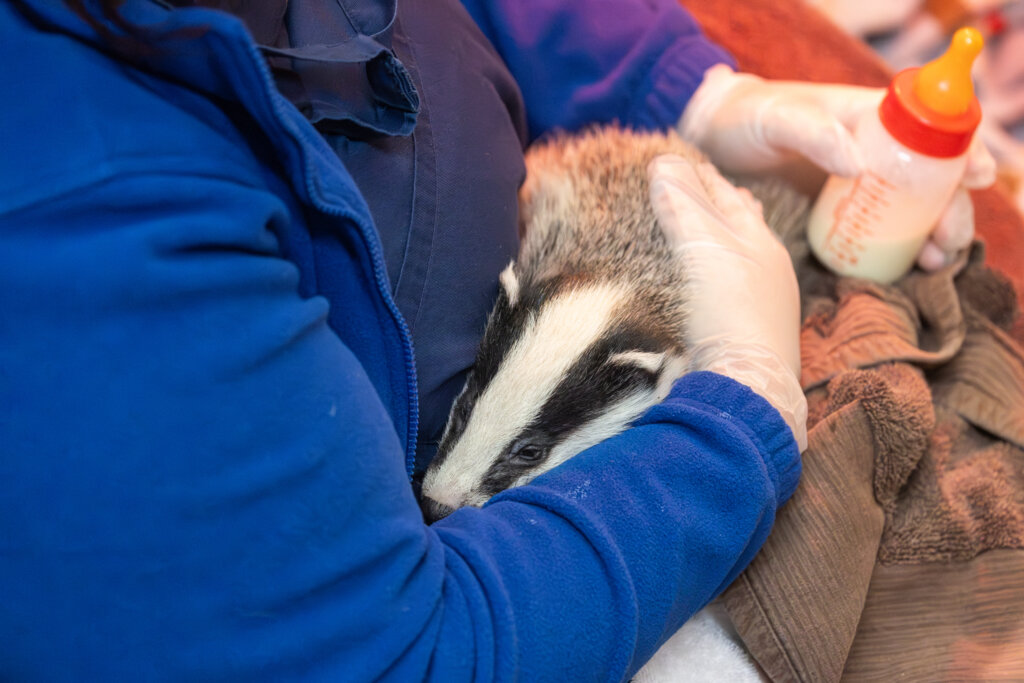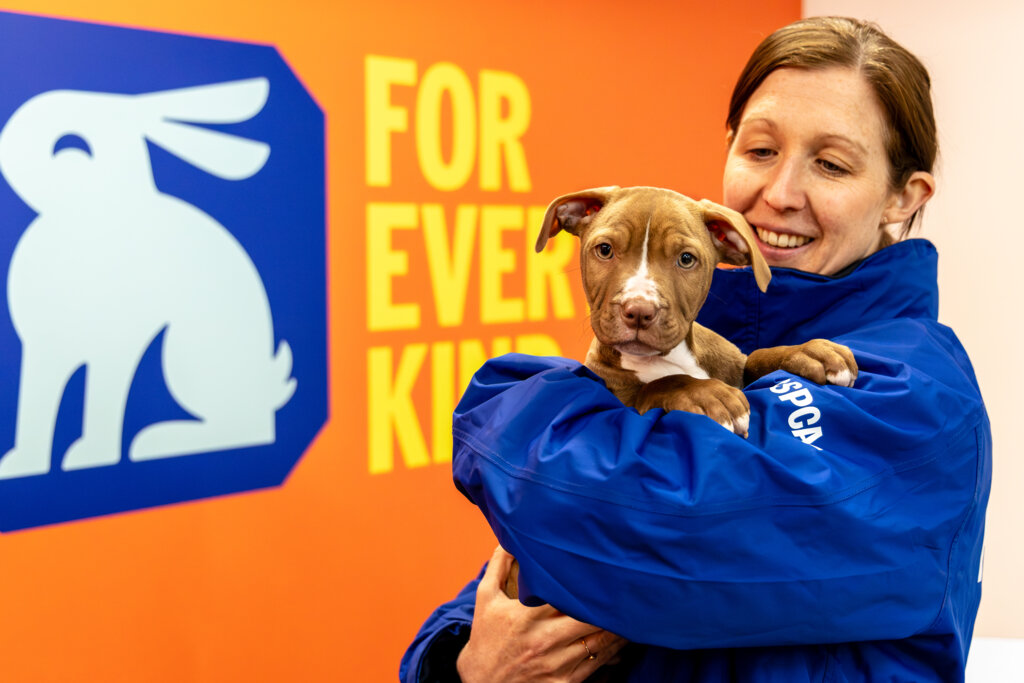Help an animal in need
If you’re worried about an animal, you’re in the right place.
Rescuing animal victims of cruelty and neglect is a job that no other charity does - so our specially trained team will always prioritise it. But we care about all animals - and know you do too.
Tell us about the animal and we’ll guide you to the best and quickest way of getting them the help they need.

Injured wildlife needs you
More often than not, the quickest and best way to help a small animal is to take it to your nearest vet, but please call ahead first. This will free up our rescuers to get to the animals at risk of cruelty and neglect who need us most.
Your questions
-
Animal cruelty is where a person is deliberately causing an animal to suffer, for example by physically harming them. Neglect is where a person is causing an animal to suffer by not providing everything they need to be well. For example they’re not giving the animal the food, water or vet treatment they need. They might be keeping the animal in a small cage or leaving them alone for too long. People don’t always mean to neglect animals, they sometimes don’t understand what they need.
-
Before you contact us to report cruelty or neglect, please make a note of the following:
- Your name, address and telephone number for our records. Don't worry, we'll treat your personal information in confidence and won’t share it with anybody unless we’re authorised to do so by law. For more information, please see our privacy policy
- The date, time and location/address of the incident. You can also use what3words to let us know the location. This app is free to download for both iOS and Android devices, and also works offline. You can also use it via the online map at what3words.com.
- A description of the animal's environment and bodily condition. This will help us to assess the situation and the animal's welfare.
- If known, the name(s) and address(es) of the person(s) involved.
- The names and addresses of any witnesses.
- The registration number and description of any vehicle involved.
-
We value your call and want to do everything in our power to help animals. Due to the high number of calls – and our unique skills as a charity – we have to prioritise all calls about cruelty, neglect or injured animals. We then assess their severity and urgency.
Depending on this prioritisation, we may send an RSPCA inspector or animal rescue officer to the incident. We also work with specialist partner charities to attend some incidents.
Sometimes the best thing to help an animal quickly is for us to refer incidents to other specialist organisations or to help the public to help animals themselves.
We cannot accept calls from withheld phone numbers. If you need to contact us and your phone is set up to withhold your number, most phones can be made to temporarily show your number by dialling 1470, then our number 0300 1234 999. If you are calling from the emergency services, we maintain a different phone line for you to call us directly - please contact your control room for details. -
You can download the Relay UK app for help contacting us if you're deaf, hard of hearing or speech-impaired.
Download the app onto your smartphone, tablet, or computer from:
-
As a veterinary surgeon, your first responsibility is to protect the health and welfare of the animals under your care. If you have any concerns that an animal’s owner or keeper is harming them or is likely to do so, either deliberately or by neglect, that animal’s welfare must come first. Please contact us if you believe an animal’s owner or keeper is harming them, being sure to take due consideration of other professional responsibilities.
Please note that this advice is produced by the RSPCA and applies to England and Wales. The same RCVS rules apply to vets Scotland but the animal welfare laws are different and you should consult the SSPCA for advice if required.
-
If an alleged offence has been committed, our officers will carry out a full and thorough investigation. Read our frequently asked questions about investigations to find out more.
-
We ask people to take action to help small sick or injured wild animals themselves, rather than waiting for the RSPCA. That’s because it’s the quickest way for thousands of wild animals to get the urgent help they need. Every time a kind member of the public helps a wild animal, it frees up our specialist rescuers to reach animals suffering from cruelty and neglect. We really appreciate it.
If you’re not able to help a sick, injured or trapped wild animal safely yourself and are sure you need our specialist skills, please use the information at the top of this page to get in touch. We will do whatever we can to help.



